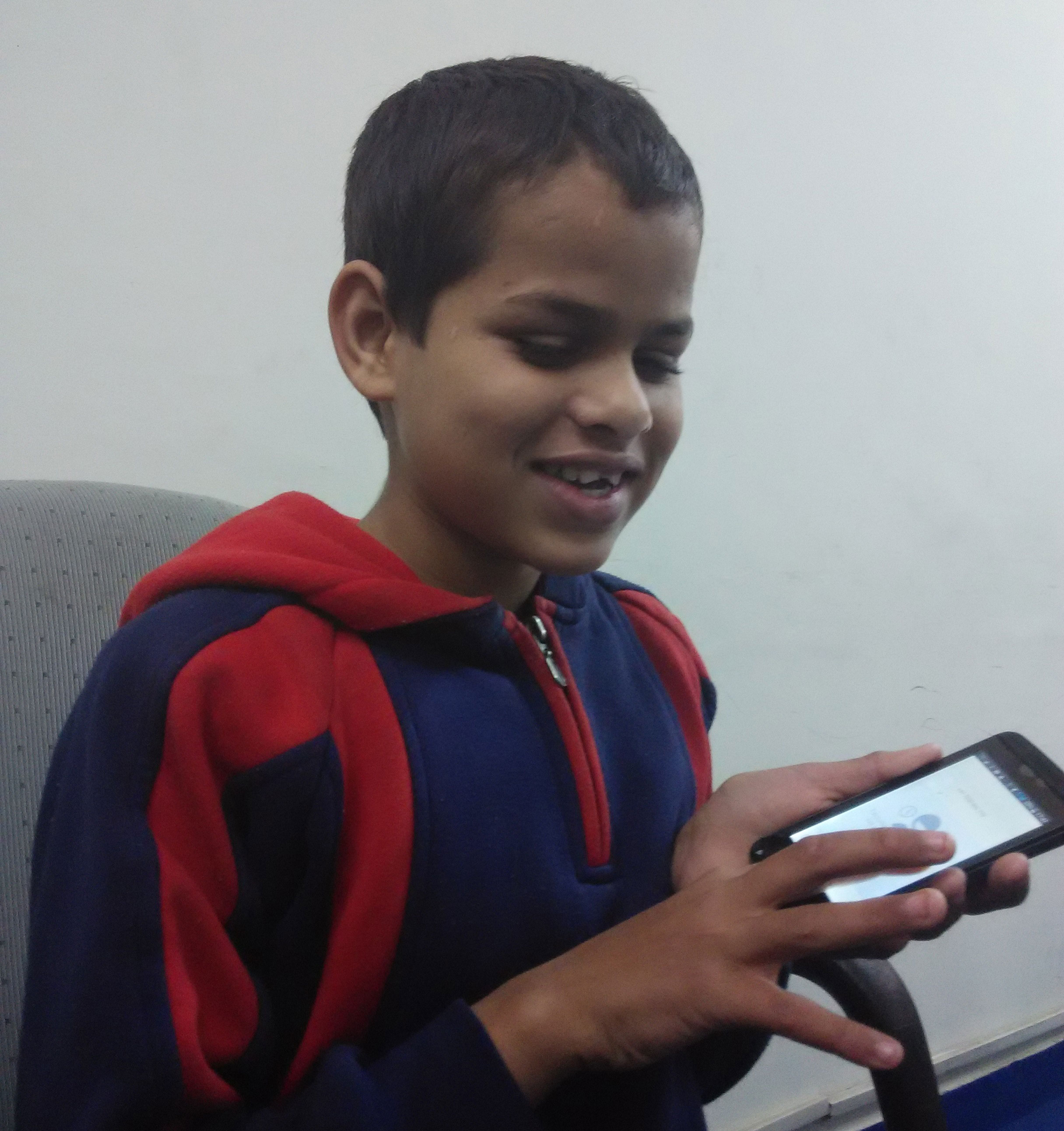Carnegie Mellon and Hear2Read Make Free Software Available

Video: https://www.youtube.com/watch?v=uy2iGCwmgbw&feature=youtu.be
Source: http://www.hear2read.org/press.php

READING INSPIRATION DAY 2016
“Vaachan Prerana Diwas‟ was celebrated at St Francis Institute of Technology to commemorate the birth anniversary (October 15) of Dr. APJ Abdul Kalam. As part of the celebrations, the library organized an “Exhibition of Books‟ and “Take Away‟ of selected books and magazines. The library received a very good response from students and staff as there were around 150 visitors. The Book Exhibition covered books on a variety of topics to meet the varied interests of the students and staff community. The library and the staff was happy organizing this event and marked the “Vaachan Prerana Diwas‟ by offering a tribute to the vision and knowledge of Dr. APJ Abdul Kalam.
Following two initiatives were undertaken on this auspicious occasion:
Online Book Recommendation Form – Especially for the Students
Today In News: Pointers to selected and interesting news feed
| Sr. No. | Member | No's. |
|---|---|---|
| 1 | SHAILIN SHAH | 112 |
| 2 | ASHOK MORE | 108 |
| 3 | SAWANT SHIVANI SANDEEP SUMEDHA | 88 |
| 4 | MANOJ MOLANKAR | 88 |
| 5 | SARVESH NARKAR | 86 |
| 6 | VINIT NEOGI | 85 |
| 7 | TEJASWARARAO MOTAMARRI | 85 |
|
Sr. No.
|
Member
|
No's.
|
|
S.N.
|
Name of the Active User of LIRC
|
Nos. of transactions
|
|
1
|
UMANG BHATT
|
13
|
|
2
|
CHAUHAN AMAN
|
11
|
|
3
|
SAWANT SHIVANI
|
11
|
|
4
|
MANOJ MOLANKAR
|
10
|
|
5
|
KESARKAR KOMAL
|
10
|
|
6
|
IRAM KHAN
|
10
|
|
7
|
DEOKAR JAYITA
|
9
|
|
8
|
NITESH DEORUKHKAR
|
9
|
|
9
|
SHAILIN SHAH
|
9
|
|
10
|
MANDAL KUMAR AKSHAT
|
9
|
|
11
|
PANDYA RIDDHI
|
9
|
|
12
|
SUMEET SHARMA
|
8
|
|
13
|
SONI MAYUR
|
8
|
|
14
|
SONI AKSHAR
|
8
|
|
15
|
SHUKLA MANAN
|
8
|
|
16
|
SHARMA ANKITA
|
8
|
|
17
|
TIWARI ADARSH
|
8
|
|
18
|
GHOSHAL ARINDAM
|
8
|
|
19
|
HEGDE ABHISHEK
|
8
|
|
20
|
CHOVATIYA MEGHA
|
8
|
|
21
|
ABHIJEET PRABHU
|
8
|
|
22
|
ANUJ SHASTRI
|
8
|
|
23
|
SHREYAS MENON
|
8
|
|
24
|
JOSHI SHUBHAM
|
8
|
|
25
|
KOLE NAMRATA
|
8
|
|
26
|
PANKAJ CHAUHAN
|
8
|
|
S.N.
|
Name of the Student
|
Nos. of Transactions
|
|
1
|
ASST.PROF.KEVIN D'SOUZA (ExTC)
|
10
|
|
2
|
LECT.MAHIMA PHILIP (FE)
|
9
|
|
3
|
ASST.PROF.ALVINA ALPHONSO (INFT)
|
9
|
|
4
|
ASST.PROF.VAISHALI JADHAV (INFT)
|
9
|
The Learning and Information Resource Centre is pleased to inform you about the Top Searches from " IEEE Xplore Digital Libra...
